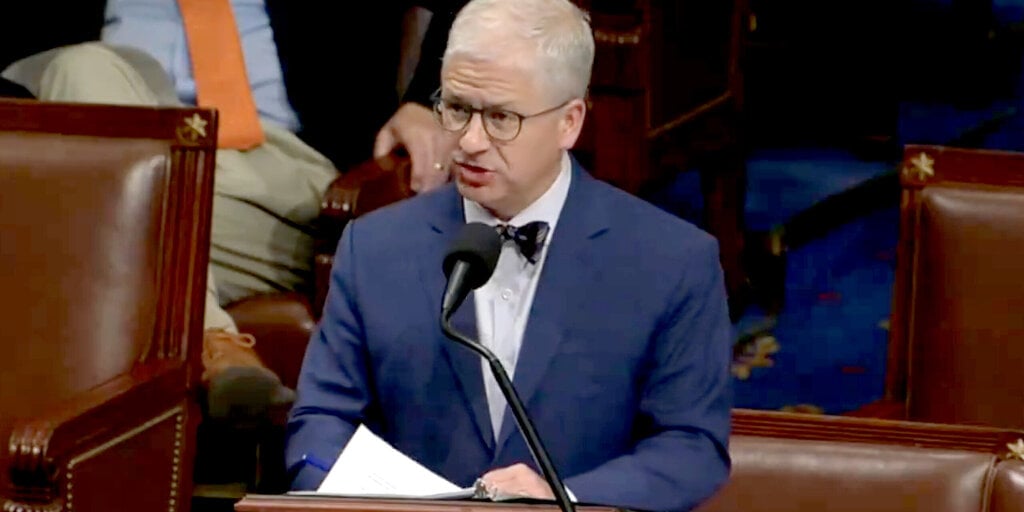Patrick McHenry, Maxine Waters Introduce Bill to Regulate AI in Financial Services - Decrypt
12/03/2024 15:25
“AI is already impacting mortgage lending and credit scoring, among other things,” Waters noted in the bill.
Lawmakers are taking a closer look at the influence of artificial intelligence (AI) in critical sectors with the introduction of the AI Act of 2024, a bipartisan bill seeking to assess AI’s impact on financial services and housing.
Reps. Maxine Waters (D-CA) and House Financial Services Committee Chair Patrick McHenry (R-NC) introduced the bill, directing federal regulators to examine how artificial intelligence is changing these sectors and identify existing regulation gaps.
“AI is already impacting mortgage lending and credit scoring, among other things,” Waters said in the bill introduced Monday, pointing to the need for a comprehensive understanding of AI’s applications and potential risks.
McHenry called the legislation “a small, but critical, step forward to empower the financial system to realize the numerous benefits artificial intelligence can offer for consumers, firms, and regulators.”
The bill requires federal agencies such as the Federal Reserve, Federal Deposit Insurance Corporation (FDIC), and the Securities and Exchange Commission (SEC) to assess artificial intelligence's role in fraud detection, mortgage underwriting, credit scoring, and tenant screening.
Regulators are asked to assess whether AI-driven processes comply with anti-discrimination laws and how smaller institutions, like community banks and credit unions, can adopt AI technology effectively.
McHenry’s accompanying resolution noted artificial intelligence is already modifying markets, with applications in market surveillance, mortgage underwriting, and real estate management.
However, it also warned of potential downsides, such as biased decision-making, increased reliance on third-party tools, and vulnerabilities to cyberattacks.
The resolution suggests the Committee on Financial Services evaluate whether existing privacy laws are sufficient as AI systems increasingly depend on consumer data.
The bill requires federal agencies to submit findings within 180 days and provide recommendations for regulatory or legislative action. It also mandates public consultations to gather stakeholder input to ensure transparency.
The bill builds upon the work of the Committee’s Bipartisan AI Working Group, which has been evaluating the advantages and risks of artificial intelligence and the effectiveness of current laws in regulating its adoption.
“This is about building on years of work to ensure AI is used responsibly and to the benefit of all Americans,” Waters said. “I look forward to passing these bills and continuing to work in a bipartisan manner on this important issue next Congress.”
Last June, Reps. Ted Lieu (D-Calif.), Anna Eshoo (D-Calif.), and Ken Buck (R-Colo.) also introduced a bipartisan bill “Bill H.R.4223” to establish a federal commission on AI.
“AI is doing incredible things for our society. But it could also do great harm if unregulated,” Rep. Ted Lieu tweeted while announcing the bill.
Edited by Stacy Elliott.
Generally Intelligent Newsletter
A weekly AI journey narrated by Gen, a generative AI model.